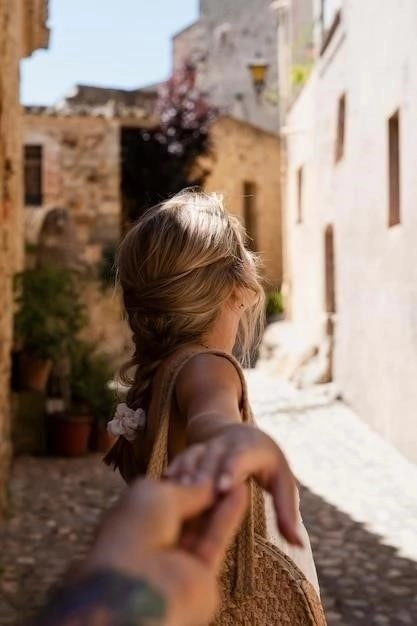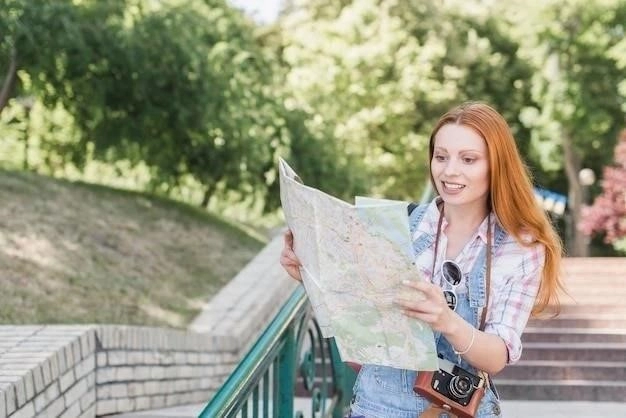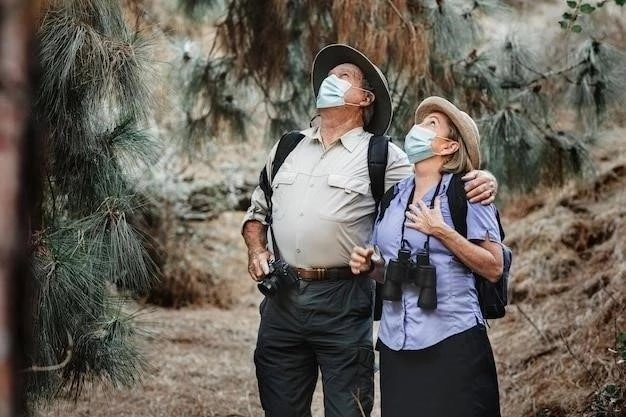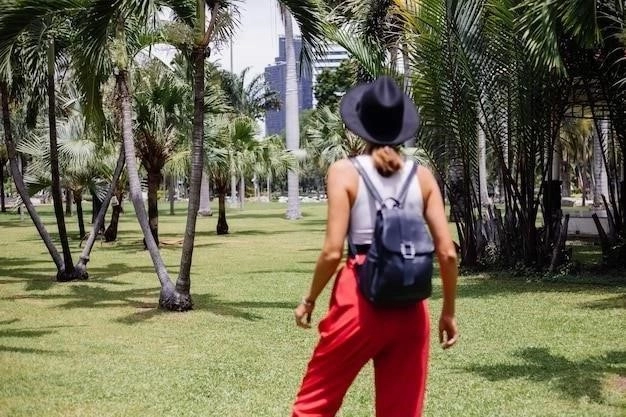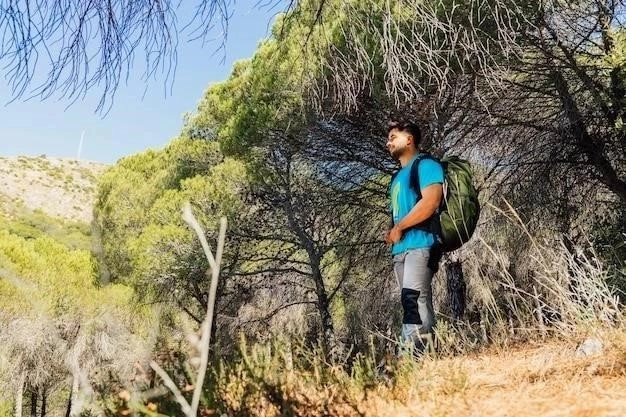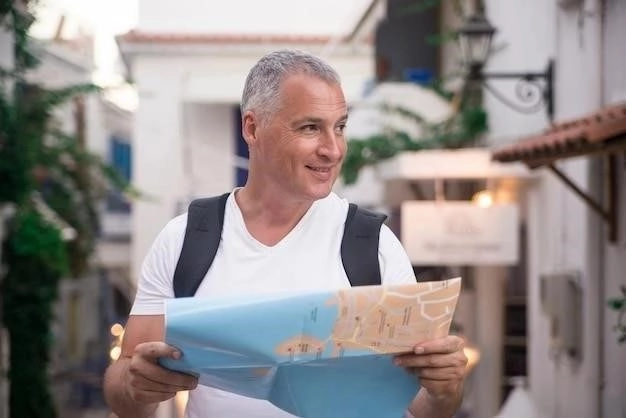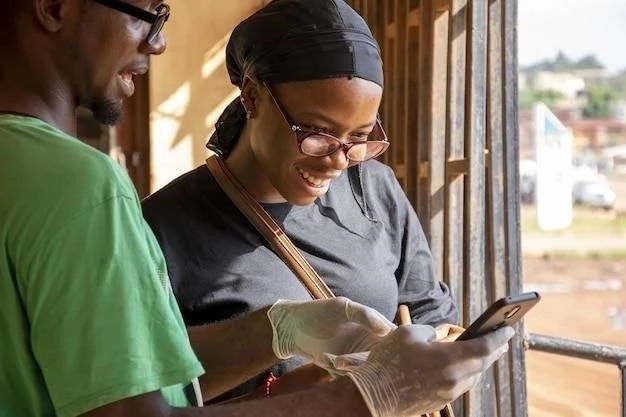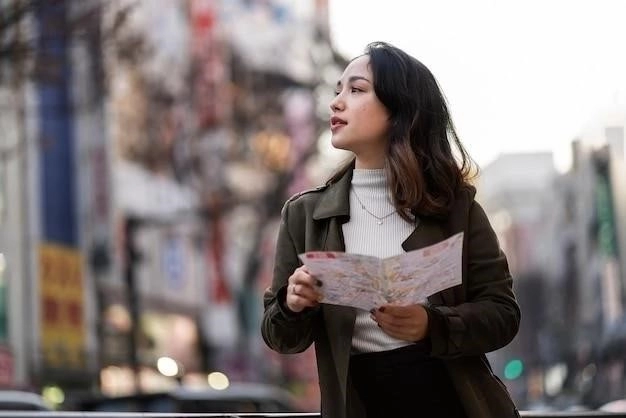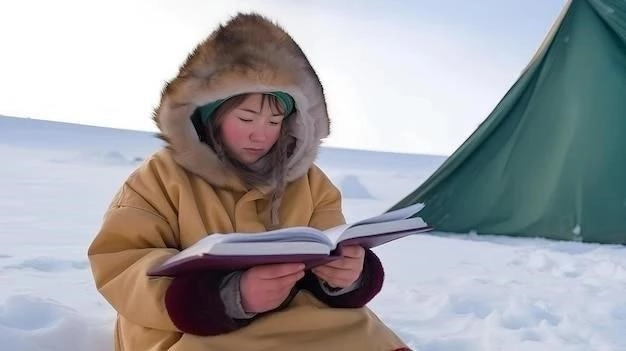Algeria, Africa’s largest country, presents a captivating blend of ancient history, diverse landscapes, and vibrant culture. From the Roman ruins of Timgad and Djemila to the mesmerizing dunes of the Sahara Desert, Algeria offers a unique travel experience. Explore the captivating Casbah of Algiers, a UNESCO World Heritage site, and delve into the country’s rich heritage.
Planning Your Trip
Embarking on a journey to Algeria requires careful planning to ensure a smooth and rewarding experience. Begin by determining the purpose and length of your trip. Are you captivated by ancient history, eager to explore the vast Sahara Desert, or seeking cultural immersion in bustling cities like Algiers? Once you have a clear vision, establish a realistic itinerary that aligns with your interests and available time.
Researching the best time to visit is crucial. Algeria experiences diverse climatic conditions, from Mediterranean along the coast to arid desert in the south. Spring (March-May) and autumn (September-November) offer pleasant temperatures and fewer crowds, ideal for exploring historical sites and enjoying outdoor activities. Summer (June-August) can be intensely hot, particularly in the Sahara, while winter (December-February) brings cooler temperatures and occasional rainfall in the north.
Consider your travel style and budget. While Algeria offers accommodation options ranging from budget-friendly hostels to luxury hotels, it is advisable to book in advance, especially during peak seasons. Transportation within Algeria includes domestic flights, trains, and buses. Renting a car provides flexibility but requires careful consideration of road conditions and local driving customs. Familiarize yourself with visa requirements well in advance and ensure your passport has sufficient validity.
Visas and Entry Requirements
To enter Algeria, most foreign nationals are required to obtain a visa prior to arrival. It is essential to consult with the nearest Algerian embassy or consulate in your country of residence for the most up-to-date visa regulations, as requirements can vary depending on your nationality.
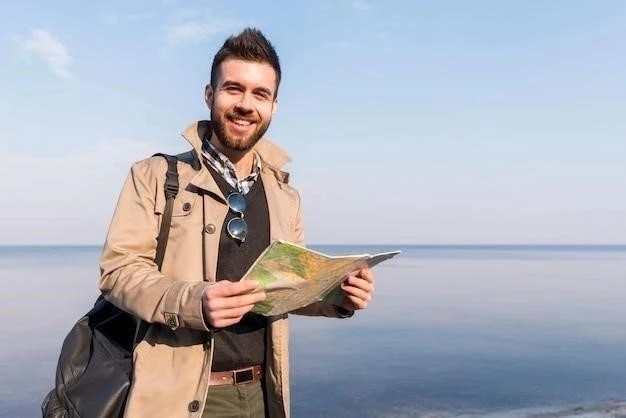
Generally, a tourist visa allows for a stay of up to 90 days and requires a valid passport with at least six months of validity remaining beyond your intended stay, a completed visa application form, recent passport-sized photographs, proof of accommodation, and a confirmed round-trip flight itinerary.
Additionally, travelers may be asked to provide evidence of sufficient funds to cover their expenses during their stay in Algeria, as well as travel insurance that includes medical coverage. It is recommended to apply for your visa well in advance of your travel dates, as processing times can vary.
Upon arrival in Algeria, you will need to present your passport and visa to immigration officials. Be prepared to answer questions about the purpose and duration of your visit. It is advisable to keep copies of your passport, visa, and other important documents separate from your originals. Remember that visa regulations are subject to change, so it is crucial to verify the latest requirements before your departure.
Getting There and Around
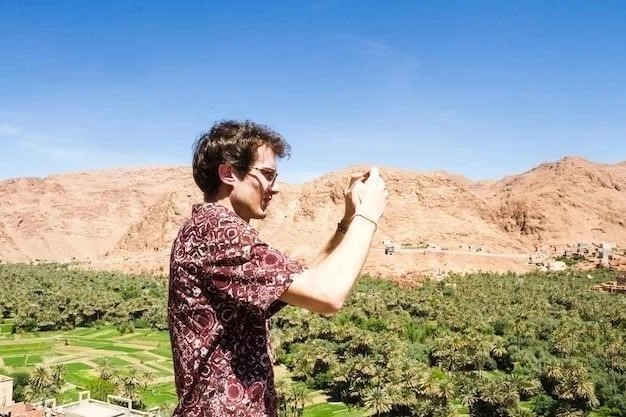
Reaching Algeria is most commonly done by air, with Houari Boumediene Airport (ALG) in Algiers serving as the primary international gateway. Numerous international airlines offer flights to Algiers from major cities worldwide.
Once within Algeria, domestic flights are available for traversing the vast distances between major cities. Air Algérie, the national carrier, connects major cities such as Oran, Constantine, and Tamanrasset.
Algeria’s railway network, operated by SNTF (Société Nationale des Transports Ferroviaires), provides a scenic and relatively comfortable option for traveling between cities. Major routes connect Algiers to destinations such as Oran, Annaba, and Constantine.
For shorter distances, buses offer an economical and extensive network, reaching even remote areas. Several bus companies operate throughout the country, varying in comfort and price.
While renting a car offers flexibility, it is advisable for experienced drivers accustomed to navigating unfamiliar roads and traffic conditions. Road signs are primarily in Arabic and French. Taxis are readily available in cities and towns, and negotiating fares before starting your journey is customary.
Accommodation
Algeria offers a range of accommodation options to suit various budgets and preferences. Whether you seek the comfort of an international hotel chain or the charm of a traditional guesthouse, it is advisable to book in advance, especially during peak tourist seasons.
In major cities like Algiers, Oran, and Constantine, you’ll find a selection of international hotels offering familiar amenities and services. These establishments often cater to business travelers and provide comfortable rooms, restaurants, and meeting facilities.
For a more immersive cultural experience, consider staying in a traditional guesthouse known as a “riad.” These charming establishments, often housed in renovated historic buildings, offer a glimpse into Algerian architecture and hospitality.
Budget travelers will find hostels and guesthouses in major cities and tourist destinations. These options provide basic accommodation at affordable prices, often with communal kitchen facilities and common areas for socializing.
When choosing accommodation, consider factors such as location, amenities, and proximity to attractions. It’s also wise to check reviews from previous guests to gain insights into the quality of service and overall experience.
Things to See and Do
Algeria offers a captivating tapestry of experiences for discerning travelers. Begin your journey in Algiers, the vibrant capital city, where history and modernity intertwine. Explore the UNESCO-listed Casbah, a labyrinthine old quarter with narrow streets, traditional houses, and hidden courtyards. Discover architectural marvels such as the Ketchaoua Mosque, a blend of Byzantine and Moorish styles.
Journey back in time at the Roman ruins of Timgad and Djemila, exceptionally well-preserved ancient cities offering a glimpse into Roman urban planning and grandeur. Venture into the Sahara Desert, a vast expanse of dunes, oases, and ancient caravan routes. Experience the magic of a desert sunset, ride camels through the dunes, and immerse yourself in the silence and beauty of this extraordinary landscape.
Discover the rock art of Tassili n’Ajjer, a UNESCO World Heritage site adorned with prehistoric cave paintings dating back thousands of years. Explore the M’Zab Valley, a unique region dotted with fortified cities, known as ksour, built in a distinctive architectural style that blends seamlessly with the surrounding desert environment. For those seeking relaxation, Algeria’s Mediterranean coastline offers picturesque beaches and charming coastal towns.
UNESCO World Heritage Sites
Algeria is home to a remarkable collection of UNESCO World Heritage Sites that showcase the country’s rich history, cultural diversity, and breathtaking landscapes.
The Casbah of Algiers, a captivating labyrinth of narrow alleyways, traditional houses, and hidden courtyards, stands as a testament to the city’s Ottoman past. Journey back to Roman times at Timgad and Djemila, exceptionally well-preserved ancient cities offering a glimpse into the grandeur and sophistication of Roman urban planning.
Venture into the Sahara Desert to witness the prehistoric rock art of Tassili n’Ajjer, a vast plateau adorned with thousands of engravings and paintings depicting life in the Sahara over millennia. Explore the unique cultural landscape of the M’Zab Valley, dotted with fortified cities, known as ksour, that blend harmoniously with the surrounding desert environment.
The Al Qal’a of Beni Hammad, nestled amidst the Hodna Mountains, stands as the ruins of a once-thriving fortified city founded in the 11th century. Tipasa, an ancient Punic trading post later transformed into a Roman colony, showcases a remarkable blend of architectural influences. These UNESCO World Heritage Sites offer a captivating journey through time and culture, reminding us of Algeria’s enduring legacy.
Algerian Sahara Desert
Embark on an unforgettable adventure into the heart of the Algerian Sahara, a vast expanse of sand dunes, rocky plateaus, and hidden oases that epitomize the stark beauty and captivating silence of the desert. Covering over 80% of Algeria’s territory, the Sahara offers a truly immersive experience for intrepid travelers.
Witness the ethereal beauty of the Grand Erg Oriental, a vast sea of sand dunes that shift and change with the desert winds. Explore the Tassili n’Ajjer, a UNESCO World Heritage site renowned for its prehistoric rock art depicting life in the Sahara thousands of years ago.
Discover hidden oases such as Taghit, Timimoun, and Djanet, where lush palm groves and cool springs provide respite from the desert heat. Experience the hospitality of the Tuareg people, nomadic traders and skilled navigators who have traversed the Sahara for centuries.
Spend your days trekking through canyons and over dunes, riding camels across the sands, and sleeping under a canopy of stars. The Algerian Sahara offers a transformative journey that will leave a lasting impression on your soul.
Safety and Security
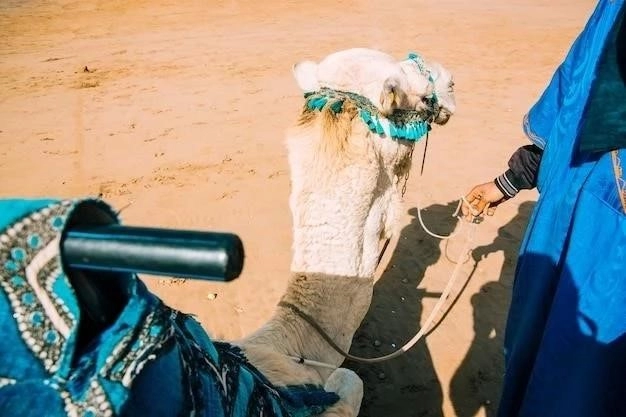
While Algeria has made significant strides in improving safety and security in recent years, it is essential for travelers to exercise a heightened level of caution and awareness. Before embarking on your journey, thoroughly research and stay informed about potential risks and travel advisories issued by your home country’s government.
Certain areas, particularly those bordering Libya, Mali, and Niger, may pose higher security risks due to the presence of armed groups and potential for unrest. It is advisable to avoid these areas unless absolutely necessary and to consult with local authorities for the latest security updates.
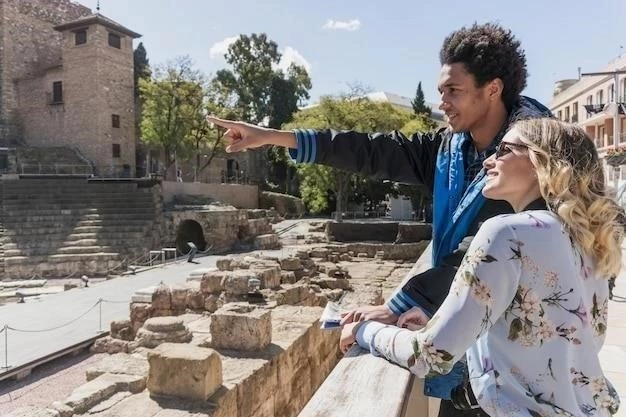
Petty crime, such as pickpocketing and bag snatching, can occur, particularly in crowded areas and tourist hotspots. Be vigilant of your belongings, especially in crowded markets, transportation hubs, and popular tourist sites.
It is generally advisable to dress modestly and respectfully, particularly when visiting religious sites. Avoid displaying expensive jewelry or large sums of cash. Be aware of your surroundings, trust your instincts, and avoid traveling alone at night, especially in unfamiliar areas.
Health Considerations
Prior to embarking on your journey to Algeria, it is essential to prioritize your health and well-being. Consult with your healthcare provider or a travel medicine specialist at least four to six weeks before your departure to discuss necessary vaccinations and preventive measures.
Routine vaccinations, such as those for measles, mumps, rubella, diphtheria, tetanus, pertussis, polio, and influenza, should be up to date. Additionally, vaccinations for hepatitis A and typhoid are highly recommended. Depending on your itinerary and planned activities, your healthcare provider may advise vaccinations for hepatitis B, rabies, and meningitis.
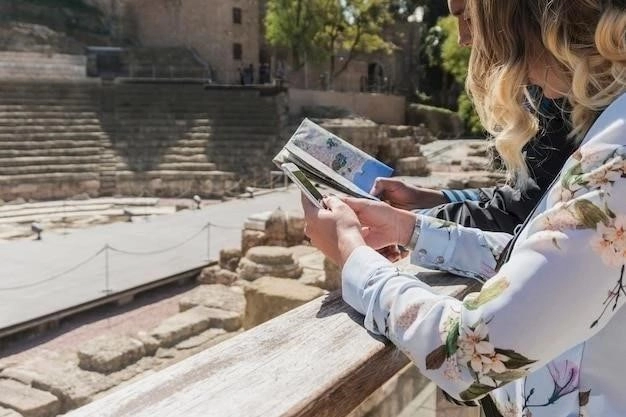
It is crucial to pack a well-stocked medical kit containing essential medications, first-aid supplies, insect repellent, sunscreen, and any personal prescriptions. Travel insurance that includes medical evacuation coverage is strongly advised in case of a medical emergency requiring specialized care.
Culture and Etiquette
Algeria possesses a rich and diverse culture shaped by a blend of Arab, Berber, and French influences. As a guest in this fascinating country, it is essential to approach interactions with respect and cultural sensitivity.
Algerians are generally warm and hospitable people who value courtesy and politeness. A firm handshake while maintaining direct eye contact is the customary greeting. When addressing someone for the first time, use formal titles such as “Mr.” or “Mrs.” followed by their last name.
Islam plays a significant role in Algerian society, and it is essential to dress modestly, especially when visiting religious sites. Women are generally expected to cover their shoulders and knees. Remove your shoes before entering a mosque or someone’s home.
Family is highly valued in Algerian culture, and it is common for extended family members to live together. It is considered impolite to refuse an offer of food or drink, as it is seen as a gesture of hospitality and generosity.
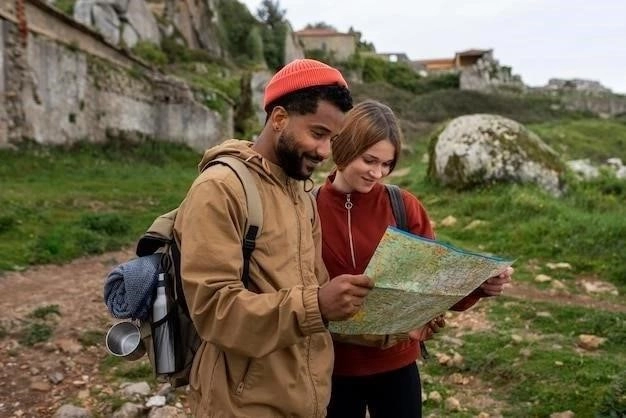
Food and Drink
Algerian cuisine is a delightful fusion of Mediterranean flavors, Berber traditions, and Arab influences. Prepare your palate for a culinary journey characterized by aromatic spices, fresh ingredients, and hearty dishes.
Couscous, a staple dish throughout North Africa, reigns supreme in Algeria. Steamed and fluffy, it is typically served with a flavorful broth and a variety of vegetables, meats, or fish. Tagines, slow-cooked stews infused with fragrant spices such as cumin, coriander, and saffron, offer a tantalizing array of flavors and textures.
For a taste of the sea, sample fresh grilled fish or a hearty fish stew known as bouillabaisse. Meat lovers will relish the opportunity to savor mechoui, slow-roasted lamb cooked to tender perfection, or merguez, spicy grilled sausages.
Complement your meal with a refreshing mint tea, a symbol of Algerian hospitality, or a cup of strong, sweet coffee. Freshly squeezed juices, particularly orange and pomegranate, are popular choices.
Budgeting and Money
When planning your Algerian adventure, it’s essential to understand the local currency and establish a realistic budget. The official currency of Algeria is the Algerian dinar (DZD). It is advisable to exchange currency upon arrival at authorized banks or exchange bureaus, as using credit cards can be limited outside of major hotels and establishments.
Algeria is generally an affordable travel destination, offering a range of options to suit various budgets. Accommodation costs can vary significantly depending on the level of comfort and location. Budget travelers can find hostels and guesthouses for as low as $10-20 per night, while mid-range hotels typically range from $50-100 per night.
Dining in Algeria can be remarkably affordable, especially when opting for local eateries and street food stalls. A hearty meal at a casual restaurant can cost around $5-10, while a more upscale dining experience might range from $20-30.

It’s always wise to carry a small amount of local currency for everyday expenses, tips, and purchases from vendors who may not accept cards. ATMs are widely available in cities and towns.

